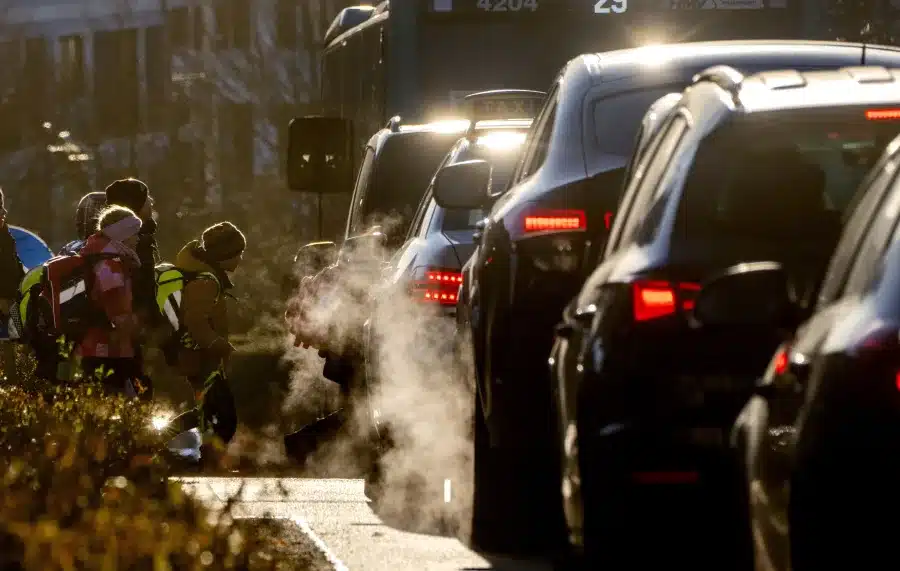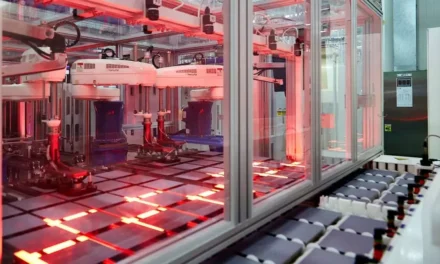Germany and the European Union announced on Saturday that they have reached an agreement in their dispute over the future of cars with combustion engines, permitting the registration of new vehicles with such engines even after 2035, provided they use climate-neutral fuel only.
EU Commission Vice-President Frans Timmermans tweeted that they “have found an agreement with Germany on the future use of e-fuels in cars.” German Transport Minister Volker Wissing confirmed that vehicles with internal combustion engines using only climate-neutral fuels can be newly registered even after 2035, thereby securing “opportunities for Europe by preserving important options for climate-neutral and affordable mobility.”
An initial proposal by European Union member countries on new carbon dioxide emission standards for cars had been postponed due to opposition from Germany. The EU initially aimed to ban the sale of all new cars with combustion engines from 2035. Germany, however, demanded an exemption for cars that burn e-fuels, arguing that they are carbon neutral when produced using renewable energy and carbon captured from the air, and thus would not contribute additional climate-changing emissions to the atmosphere.
Wissing stated that they agreed on concrete procedural steps and a specific timetable has been made binding, with the aim of completing the process by fall 2024. Timmermans also expressed their intention to work on getting the CO2-standards for cars regulation adopted as soon as possible.

The issue has created divisions within the German government and the main opposition party. Critics argue that battery-electric technology is a better fit for passenger cars and synthetic fuels should only be used where no other option is feasible, such as in aviation.
Despite the agreement, Ferdinand Dudenhoeffer, head of the CAR Center for Automotive Research in Duisburg, Germany, believes that the permission for e-fuels does not signify a significant change for the overall transformation to electric cars. He noted that the EU’s credibility has been severely damaged due to the late agreement.
Source: Click Orlando




